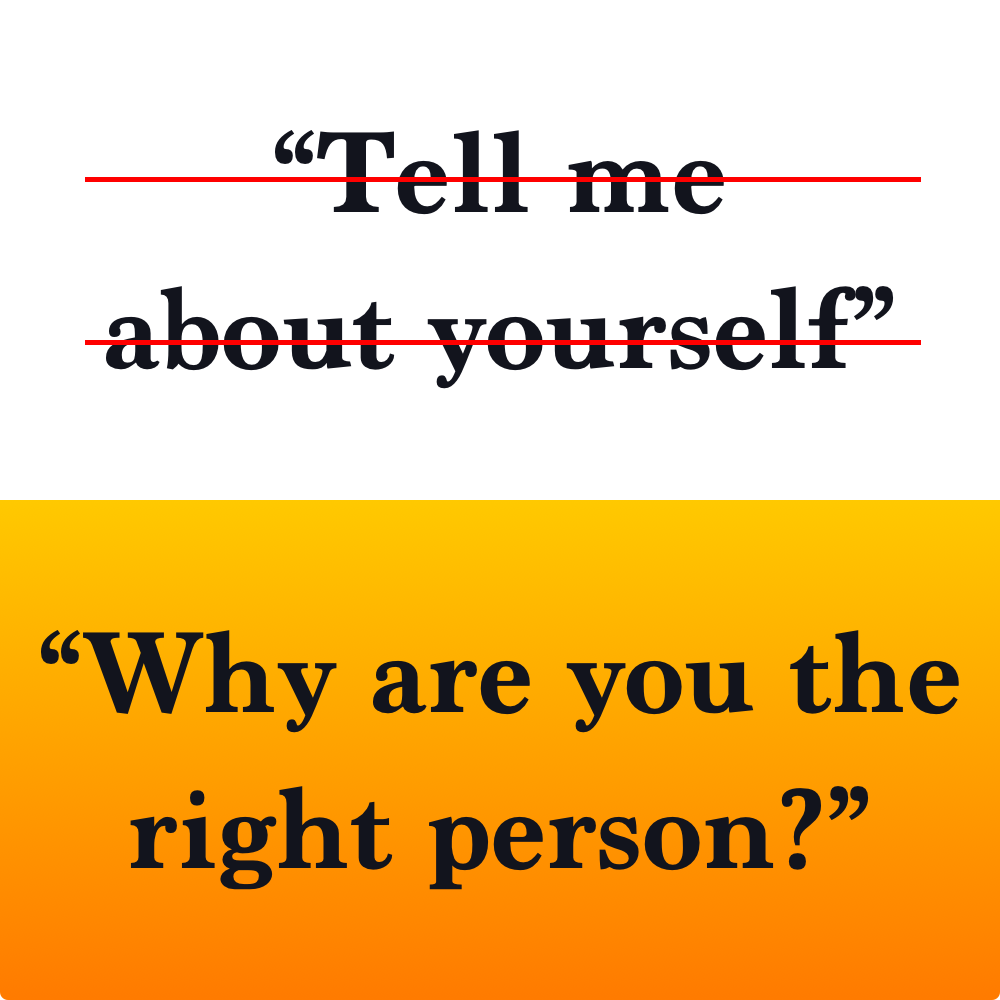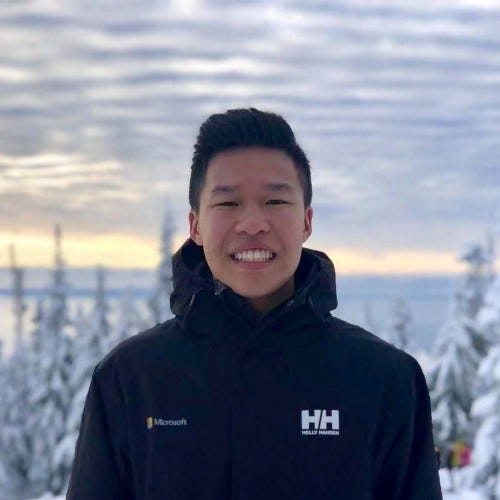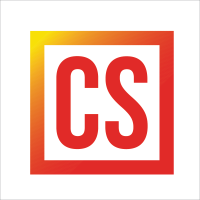Earlywork #5: How to Smash 'Tell Me About Yourself'
Featuring roles from Tailor Ed, Earlytrade, Rokt & more + interviews with Hugh Dixson (Head of Operations @ Ofload) and Michael Liang (Founder @ Culturestride)
Hey gang!
It’s ya boi Dan writing this with spotty reception from Central Tilba on the South Coast. Let’s obtain this grain with Chapter 5 of Earlywork, a newsletter focused on shortlisting the best roles for students & recent graduates across tech & startups in Sydney.
If you’re not already part of the crew, subscribe now to keep a pulse on our latest stories and conversations:
Now that the newsletter format has been ironed out a bit, I’ve started publicly posting about it, and we’ve now jumped from a community of 250 to 600+; a big thank you to everyone who has been sharing the newsletter with their peers!
I’m a huge believer that a lot of good luck comes from just talking about what you’re working on, and encourage anyone out there with a cool side project or business to feel comfortable making a public post or discussing it with peers.
Chunkier newsletter today so let’s end the intro and begin our…
💡 Weekly Cheeky Tip:
How to Smash ‘Tell Me About Yourself?’
In most job interviews, there's one game-changing question that hands you an open mic on a silver platter.
"Tell me about yourself?"
Those memey 4 words probably elicit some groans, but straight up, learning how to smash an answer to them can change a hire/no hire decision.
And yet, so many smart, ambitious students/grads I've talked to still have a casual, conversational, approach of just listing their degree, jobs, hobbies. Bruh…
That's why I sat down with my former manager Hugh Dixson (Head of Operations @ Ofload, ex-BCG, ex-Uber) to spar on some key techniques and paradigms to consider in smashing this question:
“This classic interview question is one that you can pretty much have a prepared answer ready. It is an open-ended question that gives you an opportunity to convince the interviewer that you are the right person for the role.
I generally approach this by selecting a few key things from my CV that I want to highlight and explain to the interviewer what I did, what I learned from that experience, why it's relevant to the role I am interviewing for.
So you might want to highlight your studies at uni (what you did, what you learned, and why it is relevant to the role you are interviewing for), any internships or work experience, any casual work, other interests (sport, music, etc) if you think that you can weave together a compelling narrative that takes all the components of your life and show why they aggregate together to make someone who is ideal for the role. I try and frame it around "this is why I am really excited about this role".
If you are able to have 3-5 things that you want to bring together as the story of you with a clear link from each to what you learned and why the skills/knowledge/experience is relevant to the role, and why it makes you excited for the role - you will have a great answer to the question.”
In achieving this, here are 5 key tips that you can use to prepare your answer to this question:
Storytelling, not summarising.
A storytelling approach is a no-brainer when it comes to interview questions. Rather than reciting a resume, stories stick in people's minds and help interviewers to understand you on a deeper level. A less typical approach I take here is using a story to define one of my core values (curiosity) using a past anecdote. I'm a firm believer that this accelerates the interviewer's understanding of why you do what you do, and increases empathy & understanding for the candidate. If they 'get' you, the best interviews end up becoming conversations.
Demonstrate intentionality in your past decision-making.
Your resume should not just be a smattering of random stuff that you happened to fall into. Talk the interviewer through your hypotheses of why you chose the degree and job(s) that you have, so they understand your fundamental decision-making drivers and already start to connect the dots on the obvious fit between you and the role.
Talk through what you did, what you learned, and why it's relevant.
Hugh's biggest tip is leveraging this 3-part framework when talking through your work and educational experience. This simultaneously shows a strong self-awareness/growth mindset whilst selling your value-add in an easy-to-remember format.
Signposting is magic: learn it and love it.
Two keys factors. Three key reasons. This sort of framing is brilliant because it demonstrates structured thinking, shows assuredness in one's answers, and helps what you say to stick in the interviewer's memory.
Ultimately answer why you're in the interviewee's seat today.
Your answer to "Tell me about yourself should pre-empt" the why X company/Y role followup questions to the point where the interviewer sometimes decides to skip those questions (I've had this happen in several interviews now). By the end of this question, the interviewer should be very confident about 2 things:
1. You have the right skills for the job.
2. You specifically want this job over other options out there.
As a tangible example, here’s the answer to this question that I used to land a graduate role in product management at Atlassian (utilising a similar format when interviewing for my previous roles at Uber, Amazon & Ofload).
Whilst I leveraged most of these core tips, I could definitely improve this answer by leveraging Hugh’s 3-part structure for discussing experiences given in tip #3.
Tell Me About Yourself Example
For sure! My name is Dan. I’m a final year Computer Science/Marketing student at UNSW currently working as an Operations Associate at Ofload, which is an early stage startup building out a platform to reduce waste and inefficiency in the freight industry.
To give you some context to my story, I’ll wind the clock back a fair few years. So back when I was 5 years old, one day I sat down at my desk, pulled out a pencil and pulled out a piece of paper. At the top of the paper, I wrote the word ‘Problems’
I then began asking my Mum "Hey Mum, what problem does this person have", and she would tell me the medical problem that a family friend was suffering. One-by-one, I wrote each one down, and though probably horribly misspelled, the key takeaway here is that from a young age, I’ve had a deep, innate curiosity in identifying and understanding problems in the world around me. So in choosing my degree for university, I decided on the combination of Computer Science/Marketing combination for 2 key reasons:
1. I wanted to build the technical skills to solve a lot of emerging problems in today’s landscape.
2. On the more qualitative side, I wanted to understand what problems people wanted to be solved for them.
Over the past 4 years, I’ve been deliberate in testing different skillsets across both startups and mature companies like Amazon, Uber, Deloitte Digital & IBM, covering operations, project management, UX design, marketing, sales and web development. Though I’ve really enjoyed working across these diverse functions, I consistently found I was fascinated with understanding how each function fit into solving the underlying problem more holistically. As I approach graduation, the 3 key things I’m looking for at this stage of my career are:
Leveraging an interdisciplinary skillset
Solving difficult problems at scale
Working in a fast-paced, collaborative environment
The APM role at Atlassian seemed like a really strong intersection of these 3 factors, and so I wanted to give it my best shot.
Hopefully, that's some food for thought about how you can better convey your story.
Everyone has a distinct narrative and so certain techniques and styles will suit different people (especially for entry-level vs senior roles).
Ultimately, the way you'll optimise your approach is by testing out a bunch of different techniques to see what works best (always ask for feedback).
1️⃣ 🕐 💪 One Minute Hustle
We are back once again with One Minute Hustle, a bite-sized interview with an emerging Australian young startup founder or operator.
Each week, I ask a young startup founder or operator 3 simple questions:
What are you working on❓
How’d you get started❓
Why do you do what you do❓
Today, let’s get inside the noggin of…
Michael Liang, Founder of Culturestride
What are you working on? I'm working on building a more connected world and helping people enlarge their ambitions in life, culture, and career by turning them into polyglots. Culturestride is an online language school offering Mandarin and Cantonese taught by native teachers from China.
How'd you get started? I lived in Shanghai for all of 2019 and was taught by an amazing Chinese teacher that wanted to go independent. In Australia, I quickly discovered that the status quo of language education in Australia could be improved immensely so I worked to build something that solved both problems.
Why do you do what you do? I believe that amazing things happen when you break down barriers so I'm trying to enable a culture of acceptance and connection where people can connect with others who were not born in the same circumstances. In particular, I love hearing students talk about connecting to family members and finally being able to build a deeper relationship with them.
Done and dusted!
What topics would you like to see me cover? Which young founder should I be showcasing? What sort of roles would you like to see more of?
If you’re a zesty student careers fanatic, come join the Earlywork Gang on Slack to:
Be the first to hear about new initiatives that Earlywork will be exploring.
Share suggestions and preferences on content and services to be incorporated into future Earlywork newsletters & associated offerings.
Discuss key pain points in jobseeking, applications, interviews, and all that jazz, for early-career roles in tech & startups.
Ciao for now,
Dan








Hi Daniel, thanks for your post! Really helpful and love it! I'm keen on reading your 'tell me about yourself' when you interviewed at Atlassian, however when I clicked the link it says the website doesn't exist. Can you please have a look? Thank you, Stella